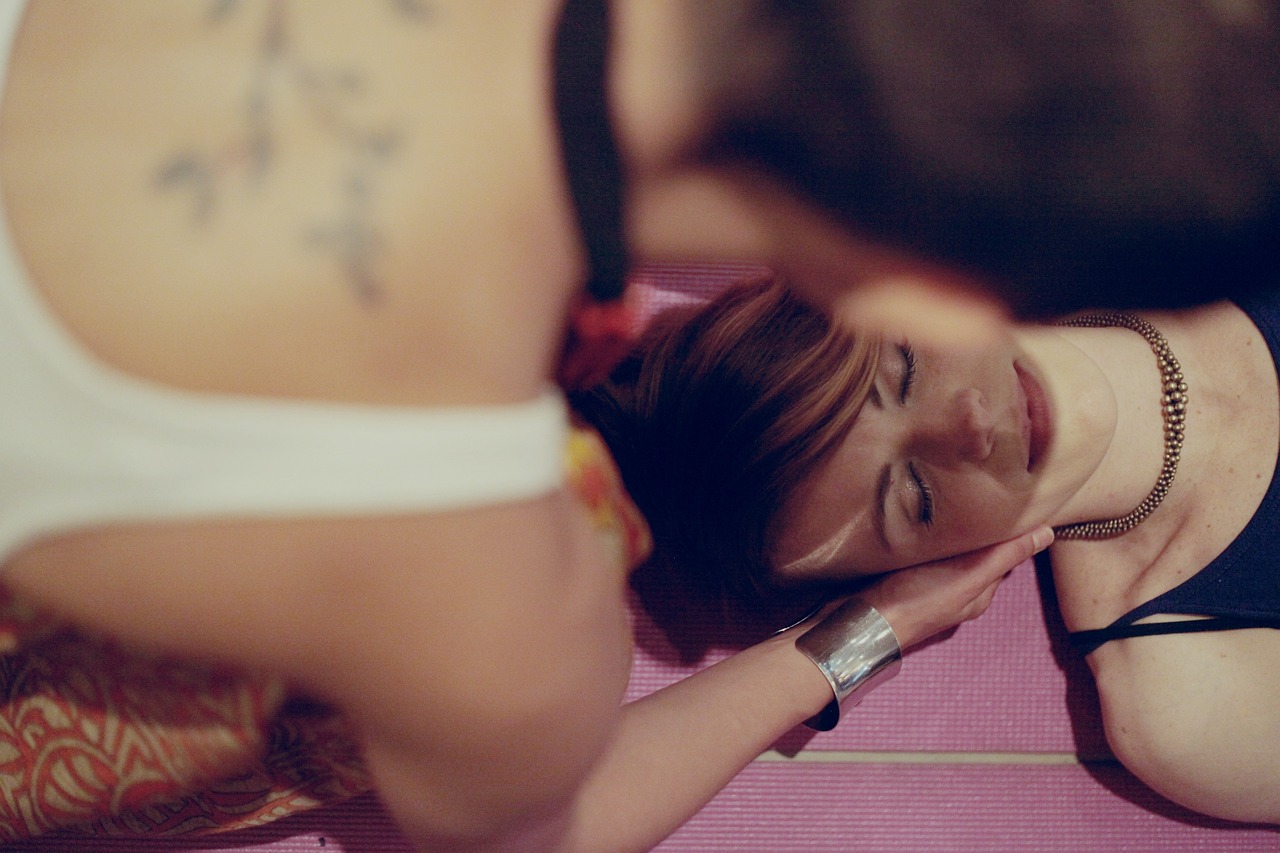
The demand for professionals in mental health and rehabilitation fields has surged over recent years. According to the U.S. Bureau of Labor Statistics, recreational therapy is projected to grow 4% by 2033 . This growing demand signals a need for more skilled professionals who can creatively address patients’ physical, emotional, and psychological needs. If you’re someone who wants to combine your passion for helping others with an engaging, creative career, a Master’s in Recreational Therapy may be the ideal path. But what exactly can you do with this degree?
Let’s explore how this degree opens the door to a wide range of fulfilling careers where you can make a tangible difference in people’s lives.
1. Work in Mental Health Facilities to Foster Emotional Well-Being
A significant portion of recreational therapists find employment in mental health facilities, where they support patients dealing with a variety of mental health disorders such as depression, anxiety, PTSD, and schizophrenia. The unique element of recreational therapy in this setting is its focus on creative and physical activities to promote emotional health and mental balance. Therapists here use a range of activities including art therapy, music, drama, and even exercise as therapeutic tools.
Through these methods, patients are encouraged to express their feelings in a non-verbal way, allowing them to process emotions that are difficult to articulate.
2. Assist in Rehabilitation Settings to Improve Recovery Outcomes
Hospitals and rehabilitation centers also offer rewarding career opportunities for recreational therapists. In these settings, the focus shifts to helping patients recover from physical injuries or surgeries. Whether someone is recovering from a stroke, car accident, or major surgery, recreational therapists are there to assist in the recovery process by introducing activities that promote physical rehabilitation and emotional healing.
Pursuing a Masters in Recreational Therapy prepares individuals for roles in rehabilitation settings by equipping them with advanced therapeutic skills. The program teaches students how to assess patients’ physical and emotional needs and create personalized therapy plans. Through coursework and clinical internships, they learn to implement adaptive physical activities and creative outlets like art and music to aid recovery. This degree focuses on holistic care, addressing both physical and psychological aspects of rehabilitation, which is crucial for helping patients regain strength and improve their quality of life. Graduates are well-prepared to design effective rehabilitation programs that promote physical recovery and emotional well-being.
3. Support Children with Disabilities in School Settings
Another rewarding career path for recreational therapists is working in schools or educational settings where they support children with disabilities. Recreational therapy in schools is often about creating opportunities for children to participate in physical, social, and creative activities that promote their overall development. Children with disabilities often face challenges that go beyond the classroom, and recreational therapists can provide essential support in their growth.
In a school setting, a recreational therapist might work with a child to develop motor skills through adapted sports or help them build social skills through group activities. They may also introduce art and music therapy to help children express emotions and foster creativity. This type of therapy helps children develop essential life skills while also enhancing their emotional well-being and sense of independence.
4. Help Veterans Overcome Trauma and Injuries with Outdoor Recreation
Recreational therapy plays a significant role in helping veterans recover from both physical injuries and psychological trauma. Many veterans returning from service experience issues such as PTSD, depression, or physical disabilities that affect their daily lives. Recreational therapists working in veterans’ hospitals or rehabilitation centers help address these challenges by introducing veterans to activities that promote healing through movement and camaraderie.
Outdoor recreational activities, such as hiking, cycling, or fishing, are commonly used to help veterans reconnect with nature and find peace. These activities also encourage socialization with fellow veterans, helping them build a supportive community where they can share experiences and gain strength from one another. Physical activities are adapted to individual capabilities, allowing veterans to regain confidence in their abilities while fostering a sense of accomplishment. Recreational therapy is particularly effective in helping veterans manage PTSD symptoms, as it provides an outlet for stress relief and emotional expression.
5. Contribute to Corporate Wellness Programs to Improve Employee Health
In the corporate world, recreational therapists are increasingly being sought after to develop wellness programs that enhance employee health and well-being. As businesses recognize the importance of maintaining a healthy and productive workforce, they are turning to professionals who can design stress-relieving activities, team-building exercises, and fitness programs that keep employees engaged and energized.
Recreational therapists in this field may organize yoga or meditation sessions to reduce workplace stress, or set up fitness challenges that encourage employees to stay active. Corporate wellness programs also often include team-building activities that foster better communication and collaboration among coworkers. By improving both physical and mental health in the workplace, recreational therapists help create a more positive and productive environment that benefits both employees and employers.
A Master’s in Recreational Therapy opens up a world of diverse and rewarding career opportunities. From working in hospitals and rehabilitation centers to developing community programs and starting a private practice, recreational therapists use creativity and compassion to improve the well-being of individuals across different populations. Whether you are passionate about working with children, veterans, seniors, or corporate employees, this degree equips you with the tools to make a meaningful difference in people’s lives. By blending therapeutic techniques with engaging activities, recreational therapists provide a unique form of care that promotes healing, growth, and joy. If you’re looking for a career that allows you to help others in innovative and fulfilling ways, a Master’s in Recreational Therapy is a perfect choice.










